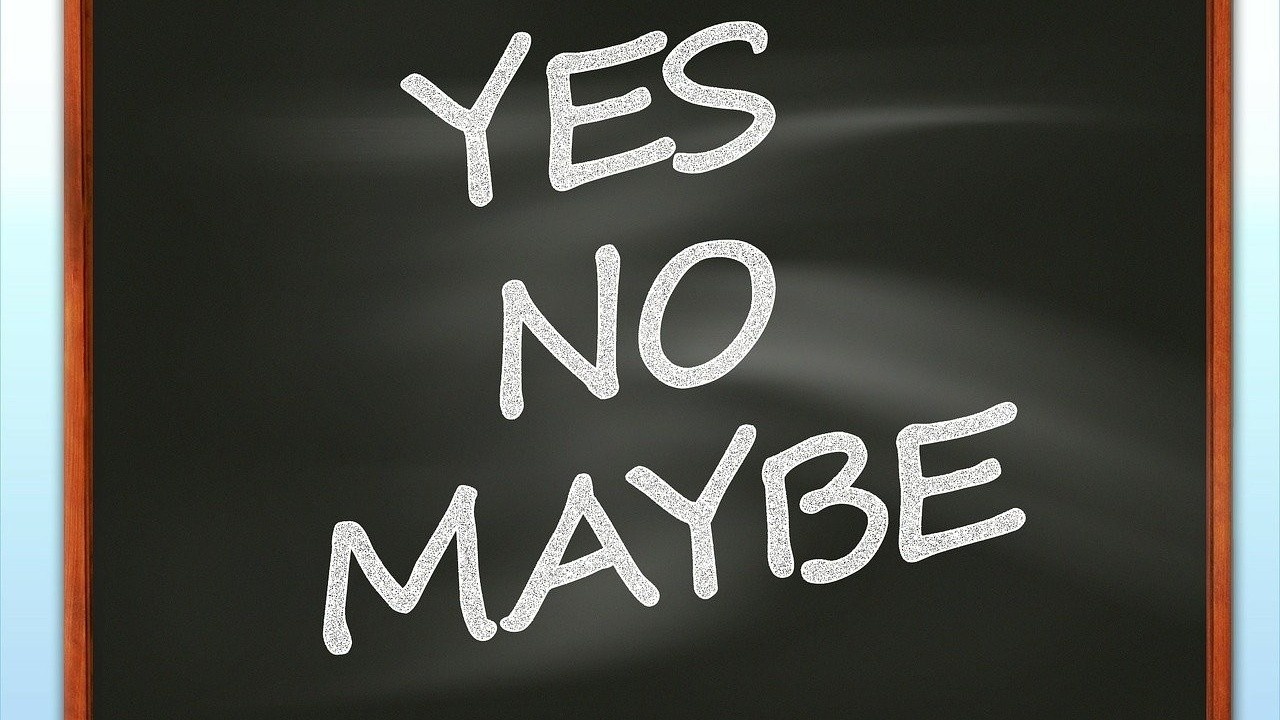When Consent Isn’t Simple
Aug 06, 2017
A few years ago, a 3-minute video called Consent: It’s as Simple as Cup of Tea blew up online. You may have seen it. I like the video; it’s fun and engaging, and the message is important. Better yet, it got the whole world talking about consent. But my years of experience as a sex therapist have taught me that consent is much, much more complicated than a cup of tea.
Rape and assault are, horrifyingly enough, common in our society. Yet many people are suffering under a more subtle and more pervasive form of consent violation. This kind of violation arises, not when your partner ignores “no,” but when you, for whatever reason, can’t say it. This happens in abusive relationships, but not exclusively. In my experience, there are a host of reasons why someone might not be able to say “no,” even if they really want to:
- They’ve been enjoying the sexual interaction up to now, and feel like it would be unfair to stop or change course
- They want the experience of closeness and intimacy that comes with sex, without the actual sexual interaction, but don’t know how else to be intimate
- Penis-in-vagina sex (or some other sex act) hurts and they don’t tell their partner because they’re ashamed or feel broken
- They think that one thing has to lead to another, and then to “going all the way”, and for whatever reason, just aren’t up to it right then
- They don’t want their partner to feel unattractive, rejected, or disappointed
- They believe a “good woman” or a “real man” doesn’t say no or ask for course-corrections
However harmless these interactions may seem in the moment, they each represent a denial of self. Over time, a partner who continually chooses to have sex they don’t really want will begin to feel more and more trapped in the relationship, and sexual interactions will begin to feel like, at best, an obligation, and, at worst, a violation. Slowly, these small violations erode the connection between partners.
Sometimes I work with couples who haven’t touched–not even a kiss on the cheek, or a quick hug–for years. As we work together to unravel how this came about, we often discover that it started with a pattern of these non-communications, in which one or both partners were unable to express what they prefered in the moment. Might it have been simpler and more effective for each to speak up in the moment, even if it felt challenging?
Consider: are you holding back a portion of your whole truth from your partner? Are you too afraid of hurting their feelings to express your preferences, desires, and perceptions? Can you take a leap of faith and reveal your complete, flawed, unvarnished beautiful self–your self who sometimes is not in the mood, sometimes experiences pain in certain positions, or prefers some kinds of touch over others? What would happen if you shared these honest realities? More importantly, what would happen if you didn’t?






